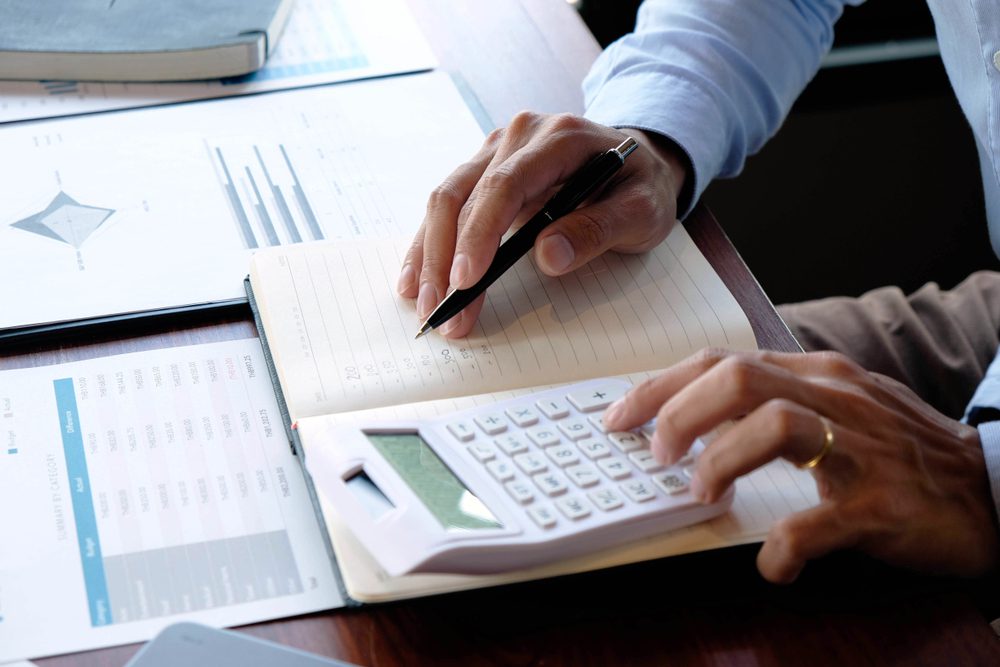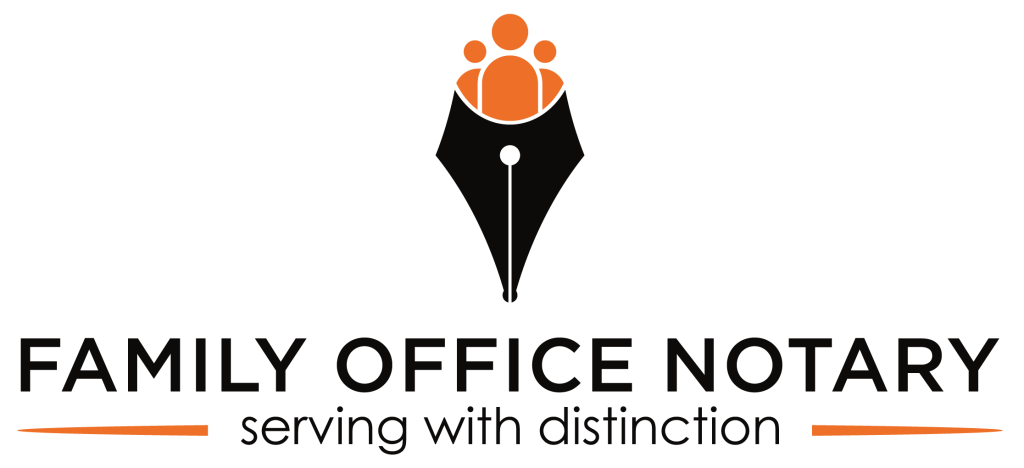Locations
Notarization

DO YOU NEED NOTARISATION?
Countries (and sometimes type of documents) have differing requirements to ensure a document is ‘beyond proof’ and of integrity. It may be simple notarisation, or it could involve FCDO, chamber of commerce and embassy. It is always best to check with us about the specifics. Our Free help – notary and legalisation guides you through what is needed and we are on hand to provide complimentary advice to your team.
WHAT IS A NOTARY PUBLIC?
AN OFFICER OF INTEGRITY
A notary or notary public is a highly qualified legal professional. Compared to about 198,000 solicitors, there are just over 750 notaries in England and Wales. We are a very rare breed! Notaries are highly qualified, undergoing post-graduate university legal studies and a two-year supervision period. Most notaries have also originally qualified as solicitors.
As the oldest branch of the English legal profession, notaries have helped private international and overseas business trade since Roman times, capturing records of agreement, ownership and transactions. Since the 1500’s, the notarial profession has been authorised to practice by the Archbishop of Canterbury of the Church of England and Court of Faculties.

PUTTING DOCUMENTS AND TRANSACTIONS BEYOND PROOF
NOTARISATION
NOTARISATION IS THE ACT OF AUTHENTICATION OF DOCUMENTS FOR OVERSEAS USE.
At Company Notary and Family Office Notary, our notaries verify and authenticate the execution or content of a broad range of documents for business and individuals with assets or activities abroad. For the purposes of authentication, many foreign countries require documentation to be notarized and legalized before they can be used, officially recorded or before they can have any legal effect.
To check if you need notarial services for your paperwork Documents we Notarise.
DO YOU NEED NOTARISATION?
Different countries have different requirements. This drives the need for a reliable “reference point” for documents originating from one country, but being used in another.
A notary is usually required to put an international document ‘beyond proof’. This means that, with the notary affixing his/her signature and seal to a document, it will be acceptable in the receiving country. Sometimes further authentication of the notary is required – please read more about legalisation here and use our complimentary legalisation tool.
The Notary checks (I.C.E):
- identity of the signatories
- capacity and full legal understanding
- authority to sign
- company or entity existence and ability to enter into the document.
We also advise on any further steps required for your documents.
NOTARIAL CERTIFICATE
What happens next? Once checked, the Notary Public creates a tailored notarial certificate and affixes a notarial seal and their signature to the document which confirms its execution or validity. A record of the notarial acts performed is maintained. All documents we notarise have a unique reference number to help clients in case they need copies or support in the future.
NOTARY SEAL
How do you know if the documents you are handling have been notarized? You should look for the notary seal (commonly known as a notary stamp) – an official stamp or embosser used by a notary to seal authorised documents. As the physical evidence of a document being certified by a notary, the notarial seal must be kept under the direct and exclusive control of the notary public. The notary will also sign the notarised document.
The term “notary seal” originates from when official documents used to be sealed with wax and then stamped. In modern times an ink stamp or embossed seal placed on the document is used to certify its authenticity.
The Foreign and Commonwealth Development Office (FCDO) Legalisation Department maintain a record of notary seals, stamps and signatures in England and Wales.

